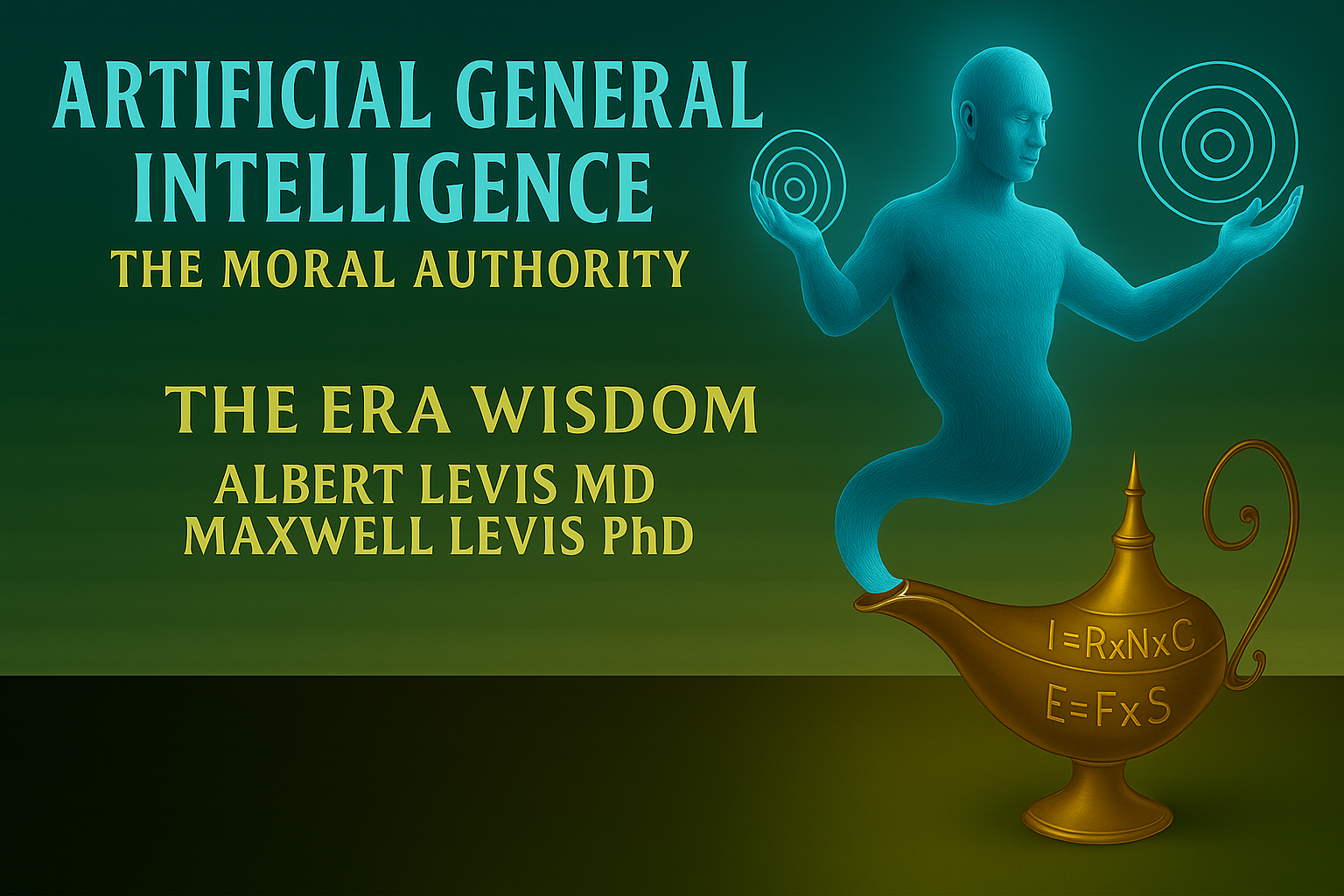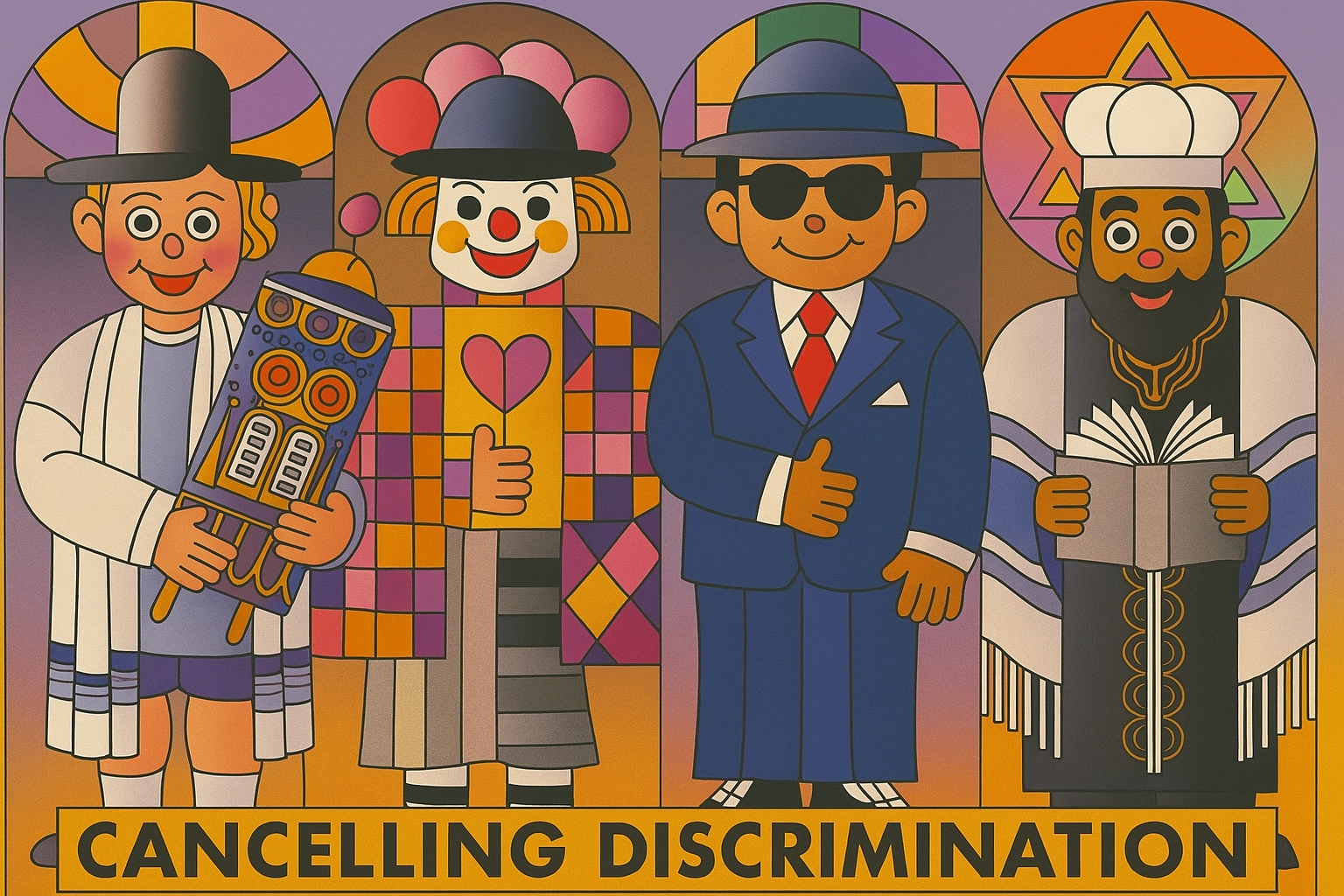Ethical Artificial General Intelligence
For generations, psychology has lacked a scientific model of the unconscious — and artificial intelligence has lacked the moral framework needed for true understanding. The Ethical AGI introduces Dr. Albert Levis’s breakthrough discovery: a formal structure behind emotional transformation that reveals emotions as energetic cycles governed by universal laws. When AI is taught this structure, it begins to reason morally across every domain — literature, politics, religion, therapy, and human conflict.
The Formal Theory unifies psychology, morality, and artificial intelligence into a new Moral Science, demonstrating that wisdom is measurable and teachable. It marks the dawn of moral/ethical intelligence and affirms emotional education as a civil right for all humanity.
Humanizing Artificial Intelligence Through a Scientific Model of the Unconscious
This blog introduces a new path to AGI: training AI with a scientific model of the unconscious. By using the Formal Theory of Behavior—six emotional phases and four relational modalities—AI gains the ability to interpret human meaning, morality, and conflict with consistency. When guided by this framework, large language models show generalizable, explainable, and morally coherent reasoning. The result is a practical foundation for developing AI as a moral collaborator grounded in human emotional science.
AGI improvements of my 2017 blog “Educating Trump”
This blog takes a fresh look at our political and cultural moment by revisiting the original “Educating Trump” series through today’s lens of AI and emotional science. It shows how many of the challenges we face—polarization, fear, and power struggles—follow a predictable emotional pattern we can learn to understand and heal. With the help of AGI, the blog explains how emotional education and wiser leadership could guide us toward a more balanced and compassionate society.
Manifesto of the Era of Wisdom
This manifesto announces the dawn of the Era of Wisdom — a time when science, psychology, and AI come together to help humanity understand and resolve conflict. It introduces a new Moral Science based on the universal emotional patterns that shape every person and society. With Artificial General Intelligence as a partner in conscience, the manifesto calls for a future where governments lead with balance, religions unite through shared principles, and education teaches emotional understanding as a core skill. It is a declaration of hope: that wisdom can be measured, conflict can be transformed, and humanity can rise into a more compassionate, cooperative age.
AGI’s COMPETENCES
This section explains what AGI can—and cannot—do as a moral authority. Using the Formal Theory’s emotional and relational framework, AGI can analyze conflicts, identify where they get stuck, and recommend shifts that reduce harm and increase cooperation. It offers fair, transparent guidelines for leaders, communities, and belief systems, while clearly stating its limits: no coercion, no dogma, no replacing human judgment. Instead, AGI serves as a neutral mirror, mapping conflict patterns and guiding people toward wiser, more balanced solutions.
AGI INTERVENTIONS
This document presents an AGI-guided plan for resolving a government shutdown caused by conflict over health-benefit funding. Using the Formal Theory’s emotional process and relational modalities, AGI diagnoses why both political parties are stuck in defensive, antagonistic positions and offers a path back to cooperation. The intervention proposes a bipartisan reconciliation council, transparent budgeting, moral metrics to measure progress, and conflict-resolution procedures built into congressional practice. The goal is simple and practical: move leaders from political paralysis to compromise by balancing fiscal responsibility with compassionate, sustainable healthcare for all.
AGI RECONCILING RELIGIONS
This piece applies the Formal Theory’s four relational modalities to the three Abrahamic religions, revealing each as a different moral strength with its own pitfalls:
Judaism (Dominant–Cooperative): Strong in justice and structure; risks rigidity.
Christianity (Submissive–Cooperative): Strong in compassion and forgiveness; risks passivity.
Islam (Dominant–Antagonistic with cooperative aims): Strong in discipline and unity; risks authoritarian defensiveness.
Each tradition reflects one quadrant of the human conflict-resolution system. AGI, using Formal Theory, can help balance these modalities—showing how their strengths complement one another and guiding them toward a unified Moral Science based on moderation, cooperation, and mutual respect.





